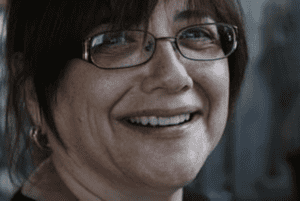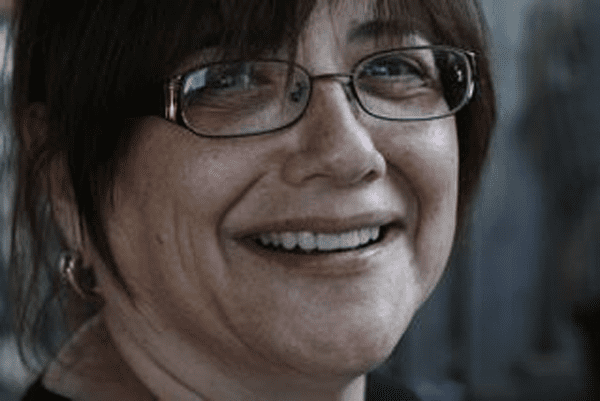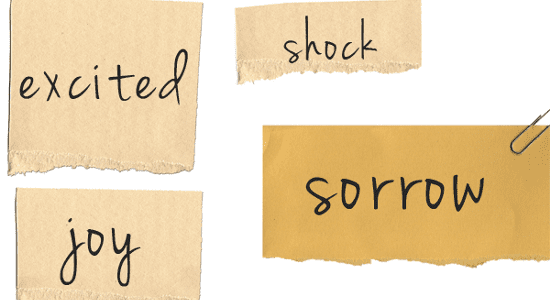Tell us about yourself.

My first novel, The Cook’s Temptation, has just been published. It took me about 35 years to make it happen. It wasn’t until five years ago that I actually decided I must do what I always wished to do: be a novelist.
When did you realize you had a passion for writing?
I realized I had a passion for writing when I was nine. That year, I wrote a science fiction Chanukah play for our Sunday school. The teacher liked it and wanted to produce it for our holiday festivities. But the principal thought it wouldn’t be fair to the other children if only one student’s work dominated the event. So it was forgotten and I didn’t write anything again until I was fifteen.
What pieces of writing/authors have had the greatest impact on you?
Looking back, I’d have to say Emily Brontë’s Wuthering Heights. I read it in high school and I never forgot it, never for one day. It’s always somewhere in the back of my mind when I’m writing. The Cook’s Temptation is set in England, near the moors, so Wuthering Heights has been haunting me all these years.
What has been some of the biggest challenges you’ve faced as a writer?
I’ve always had difficulty finding time to write. In truth, I’m a very engaged person in everyday life—teaching, meeting friends, volunteering, going to movies and theatre—so setting myself apart from everyone and everything has been my biggest challenge. Now that I’m older, it’s easier. Increasingly, I like to stay home, buried in my books.
How have you changed as a writer over the years?
I’m what is now termed a late bloomer. Time was my challenge; that is, getting to a place where I felt free to write. Writing can’t be the last thing you do in your day. Somehow I needed to find the courage to make it the first thing. Now I can convince myself, but it’s taken many years and a multitude of false starts.
These days, I write much shorter sentences. They are tighter and less laden with emotion. I want the drama to emerge from the characters and the plot, not the heaviness of the words themselves.






